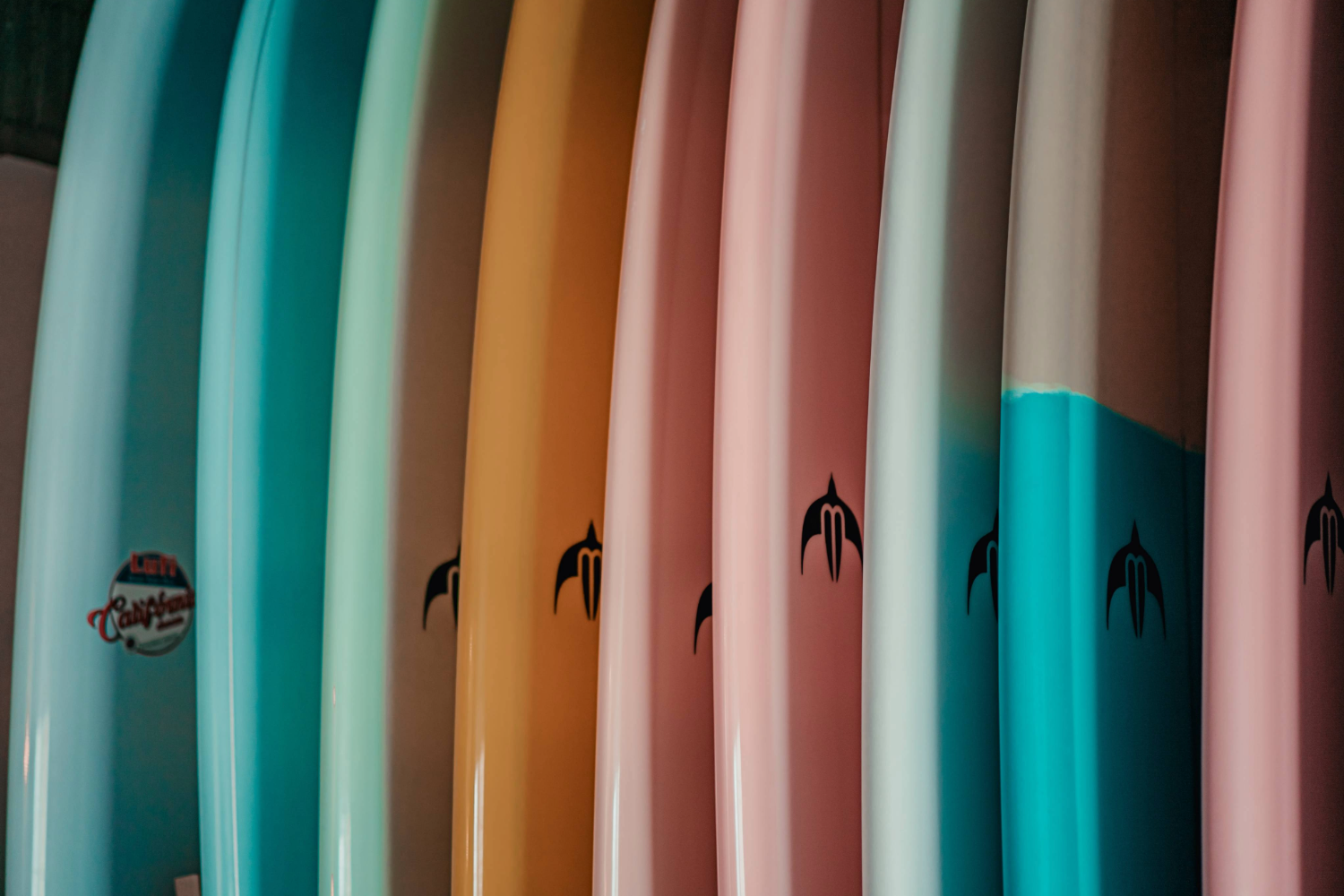
Originally published in The Trademark Lawyer, Dydra Donath discusses the recent CJEU decision on the long-running battle between TSWA and Germany distillery Waldhorn over the use of the word ‘Glen’. You can view the original article here.
On 7 February 2019, the District Court of Hamburg (case No. 327 O 127/16) ruled that the use of the sign ‘Glen Buchenbach’, for a whisky not produced in Scotland, is a breach of Art. 16 (c) of the EC Spirit Drinks Regulation No. 110/2008.
Arguments distilled
The defendant Jürgen Klotz marketed via its website a whisky under the designation ‘Glen Buchenbach’ which is produced by the Waldhorn distillery in Berglen, located in the Buchenbach valley in Baden Württemberg, Germany.
The label on the whisky bottles included the following information:
- Waldhornbrennerei (Waldhorn distillery)
- Glen Buchenbach
- Swabian Single Malt Whisky, 500ml, 40% vol
- Deutsches Erzeugnis (German product)
- Hergestellt in Berglen (produced in Berglen)
The Scotch Whisky Association (TSWA) brought an action before the Regional Court of Hamburg seeking an order that Mr Klotz inter alia cease to market the whisky, under the designation ‘Glen Buchenbach’ because such a use would infringe Art. 16 (a) to (c) of the EC Regulation, which protects geographical indications for a spirit drink, and includes inter alia ‘Scotch Whisky’.
In this context, TSWA argued that Art. 16 does not only protect against the use of such an indication but also against any reference that suggests the geographical origin of that indication.
It argued further that the term ‘Glen’ originates from Scottish Gaelic and evokes within the relevant public an association with Scotland, and Scottish whiskies in particular. As regards whisky, ‘Glen’ is synonymous with ‘Scotch’ or ‘Scottish’. Moreover, the term ‘Glen’ is recognized in Germany for Scottish distillery art and high-quality whiskies, as is the term ‘Scotch Whisky’ itself.
Mr Klotz requested to dismiss the action, arguing that ‘Glen Buchenbach’ is a play on words from the place of origin Berglen and the river Buchenbach. The term ‘Glen’ is a common word in the English language, meaning a narrow valley, and the targeted consumers did not recognise a Scottish origin. He argued that the word originates from Irish Gaelic, from which Scottish Gaelic developed, and also refers to a valley in Irish Gaelic, where it is still used to a considerable extent, for example on road signs.
In Canada, Australia, New Zealand and the USA, there are also numerous cities, rivers and valleys bearing the name ‘Glen’.
Furthermore, he argued that there are also the whiskies ‘Old Glen’ of the ‘Glenmore’ Distillery from Kentucky, ‘Glenmore’ and ‘Glen Distillery’ from Ireland, ‘Glen Fargo’ from North Dakota, ‘Castle Glen’ from Australia and ‘Glen Idis’ from Germany. Thus, ‘Glen’ is therefore not an indication of Scotland’s origin.
A brand on the rocks
Based on the answers the ECJ provided the District Court affirmed an infringement of the use of the sign ‘Glen Buchenbach’ according to Art. 16 (c) of the Regulation, because the use of the term ‘Glen’ gives the average European consumer the impression that the whisky is designated as a Scotch whisky, and thus is misleading.
Moreover, whiskies bearing the name ‘Glen’ are almost exclusively Scotch whiskies. Mr Klotz was unable to prove that the other ‘Glen’ whiskys mentioned by him have been sold in the EU to a relevant extent, nor is this otherwise apparent.
In contrast, TSWA was able to prove that the ‘Glen’ whiskies sold in supermarkets in various European countries are exclusively Scotch whiskies. The fact that, conversely, only a small proportion of Scotch whiskies are called ‘Glen’ is irrelevant. The decisive factor is whether there is a risk that consumers think of Scotch whisky when they hear the name ‘Glen’, and not whether they think of ‘Glen’ when they hear ‘Scotch whisky’.
Moreover, the Court stated that the term ‘Glen’ has not been used by Mr Klotz by chance. The name ‘Glen Buchenbach’, seen on the defendant’s websites, deliberately alludes to the Gaelic term ‘Glen’ for ‘valley’ since the distillery is located in the Buchenbach valley. According to the ECJ the fact that the contested label also contains the indications ‘Swabian Single Malt Whisky’, ‘German product’ and ‘produced in Berglen’ does not dispel the misleading nature of the term, even in cases where the consumers recognize these words as German.
EU regulations on ice
This decision shows that a designation, deemed to be misleading, will present an infringement against Art. 16 (c) of the Regulation, even if that designation is surrounded or accompanied by an indication of true origin of the product concerned, such as in the present case ‘German product – produced in Berglen’.
The underlying purpose of this Regulation is to attain a high level of consumer protection, the prevention of deceptive practices and the attainment of market transparency and fair competition. It remains to be seen whether the UK will – after it has exited the EU – apply similarly stringent requirements to the protection of geographical indications as the EU Regulation does, which – in the case of a no deal Brexit – will no longer be applicable to the UK.
Dydra is a highly experienced attorney in trade mark matters. She has particular expertise across all aspects of German, European and international trade mark law, including: consulting and managing large trade mark portfolios worldwide; strategy for trade mark applications; opposition, invalidation and revocation proceedings; coordinating legal proceedings worldwide; domain name disputes; drafting and negotiating trade mark license agreements, complex trade mark purchase agreements as well as settlement agreements. Dydra also has significant litigation experience, having taken cases before the German courts and the General Court in Luxembourg. Dydra has lectured across Germany and Russia.
Email: dydra.donath@mewburn.com
Sign up to our newsletter: Forward - news, insights and features
Our people
Our IP specialists work at all stage of the IP life cycle and provide strategic advice about patent, trade mark and registered designs, as well as any IP-related disputes and legal and commercial requirements.
Our peopleContact Us
We have an easily-accessible office in central London, as well as a number of regional offices throughout the UK and an office in Munich, Germany. We’d love to hear from you, so please get in touch.
Get in touch

